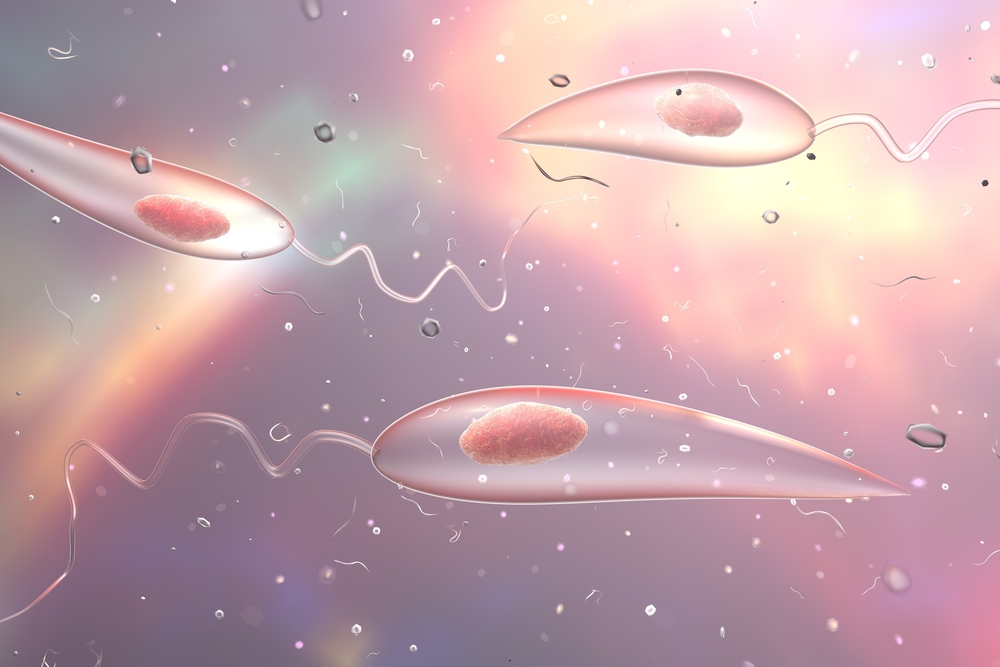
The parasite Leishmania may be getting aided by viruses in its infection of invertebrates, as well as causing significantly worse disease than those without, according to a new evolutionary study.
The paper, published in the Proceedings of the National Academy of Sciences, comes from the head of the Washington University School of Medicine in St. Louis’s Department of Molecular Microbiology, Stephen Beverly. Beverly has made his name through the parasite, having already proven that the those virally infected parasites cause significantly worse disease than those without. Other researchers later built on that work to show that viruses in other parasites may follow similar patterns.
Leishmania is a parasite passed on through the bites of sand flies. For many in tropical countries, it creates disfiguring lesions–but for others, it can lead to infection of the internal organs through disease. The latter kills around 30,000 people every year.
“Leishmania is descended from parasites that infect insects, and only late in evolution did it learn how to infect vertebrates and then humans, and become a problem for us,” Beverly said. “A lot of researchers are doing amazing work in viral discovery, but very few have hunted around in these oddball parasites. When we did, we found many new viruses, several of which were quite unique. But just as interesting is what we didn’t find – specifically, relatives of Leishmaniavirus in more ancestral lineages. This suggests that Leishmania acquired Leishmaniavirus about the same time it learned to parasitize vertebrates.”
Linking the insect parasites to ones more aligned with animal pathogens, Beverly and his team found that increased virulence was tied into viral evolution, through a mechanism rather different than the original pathogen.
“So we have two lines of evidence that suggest something happened with the viruses at the same time that the parasite made the jump from insects to vertebrates,” Beverly said. It’s very difficult to prove a role for viruses in disease by studying evolution, but the two viral “jumps” we have discovered provide a great corroboration of our experimental work, which shows that these viruses contributed to increased Leishmania parasite survival and disease pathology in vertebrates. Maybe without these viruses acting deep in evolution, these diseases would have become far less severe and terrible than they are now.”
As it is, efforts to reduce parasitic disease are looking at the effects of getting rid of the virus hidden within–via either drug treatment or curing the parasites themselves of the virus.




